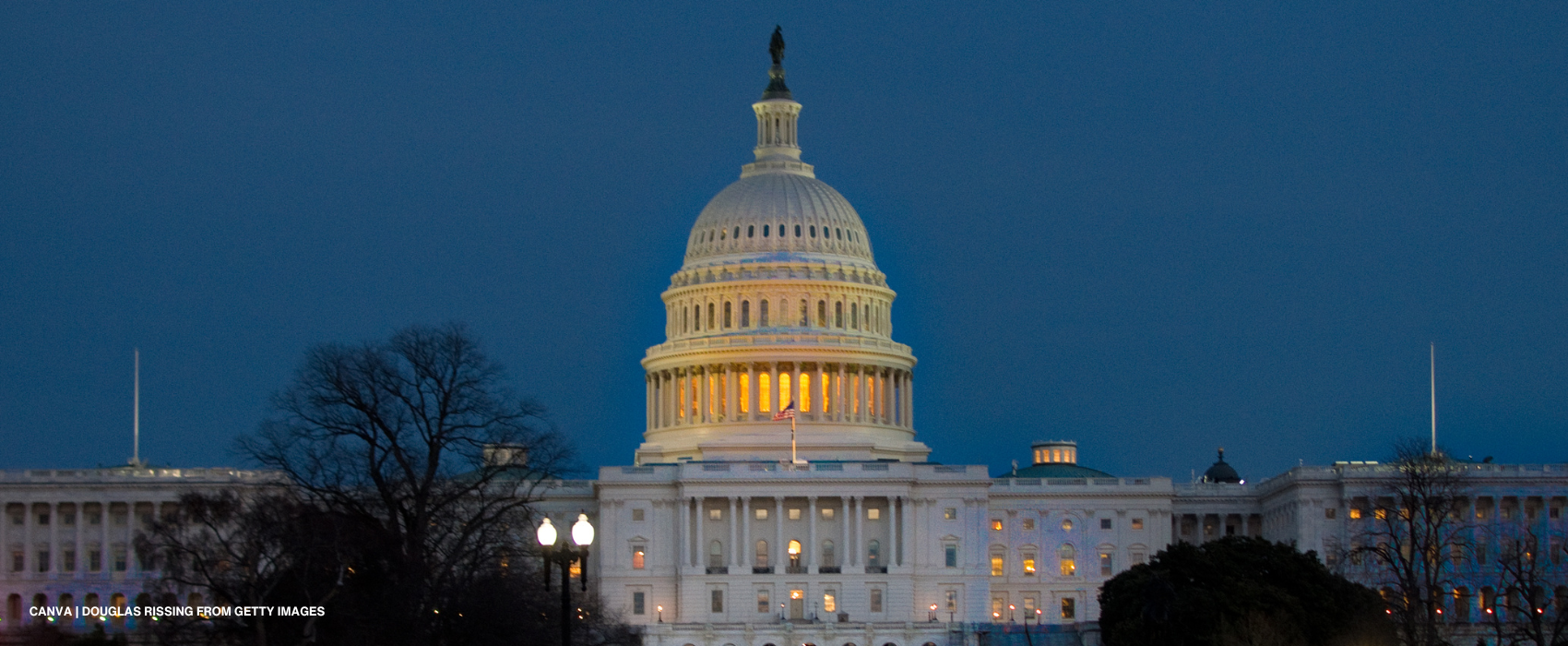The global health community is closely watching the anticipated policy shifts as President-Elect Trump’s “Make American Healthy Again” agenda takes shape, as reported by numerous outlets.
While the Bay Area Global Health Alliance remains a neutral convener, we recognize that these changes could have a profound impact on our members and our collective mission to advance global health equity and innovation.
As reported by Health Policy Watch, STAT, Devex, Bulletin of the Atomic Scientists, and numerous other news outlets, it is expected that the incoming administration will emphasize deregulation, reduced international collaboration, and an “America First” approach. Decreased US government involvement in global health may lead to weakened coordinated responses to international health crises, scaled-back participation in global health initiatives addressing pandemics and climate-related health issues, limited sexual and reproductive freedom, deprioritized scientific and regulatory rigor, and lack of support for health infrastructure in low-income countries.
There is a risk that domestically, the anticipated reduced oversight from Trump’s push for less regulation — particularly in artificial intelligence [STAT] — could compromise patient privacy and data security and ultimately affect global standards in medical technology. The nomination of vaccine skeptic Robert F. Kennedy Jr. for HHS secretary raises additional concerns [STAT], including an erosion of trust in public health measures.
Our members—including the Consortium of Universities for Global Health, Global Health Council, Global Health Technology Coalition, Public Health Institute, San Francisco Community Health Center, Seed Global Health, Stanford Center for Innovation in Global Health, and the University of California — have issued statements reflecting their perspectives. The Consortium of Universities for Global Health has further called for evidence-based evaluations of nominees for key public health leadership roles. Insights from Global Health Council, Friends of the Global Fight, UC Berkeley, and UCSF have been highlighted in prominent news outlets. Our aim is to provide our multi-sector network with insights from fellow members and respected news sources.
“We will continue to bring forward evidence of the power of strong health systems to address diverse challenges, from building climate resilience to pandemic preparedness,” wrote Vanessa Kerry, CEO of Seed Global Health. “And we will continue to show that health is an investment, not a cost, with a firm resolve to convince even the skeptics of the importance of this approach.”
Although the full implications are not yet clear, the Alliance is confident that our collective expertise and collaborative spirit will help us address complex health global challenges and navigate this evolving political landscape together. As these changes unfold, the Alliance is exploring programming designed to help our members understand and adapt to whatever developments lie ahead.
SOURCES:
- Four Key Areas Where ‘Anti-globalist’ Trump Threatens Global Health [Health Policy Watch]
- What Trump Might Do on Vaccines, Pandemics, Global Health, and More [The Bulletin of the Atomic Scientists]
- Donald Trump Won. What Does That Mean for Development? [Devex]
- Health and Science Experts on Their Hopes and Worries for the Trump Era [STAT]
- ’There’s No Way Through This but Forward’ [Boston University School of Public Health]
- ‘More Mortality, More Illness’: Global Health Community Braces for Impact of U.S. Election [Science]
- What a Trump Presidency Means for Global Health [The Conversation]
- The United Nations Faces Uncertainty as Trump Returns to US Presidency [AP News]
- Healthcare Policies to Watch in the New Trump Administration [Wall Street Journal]
- Donald Trump Returns to the Presidency with Big Ambitions to Shake up Health Care [STAT]
- The UN Braces for Trump [Politico]
- The Impact of the Election on Health Policy & The Courts [Health Affairs]
- How Trump’s Approach to Regulating AI in Health Care Could Diverge From Biden’s [STAT]
- Trump’s White House Return Poised to Tangle Health Care Safety Net [KFF]
- A Letter From the Executive Editor: A Seminal Moment for Science Journalism [STAT]
- Health and Science Experts on Their Hopes and Worries for the Trump Era [STAT]
- ‘MAHA’ Is Moving Into Trump’s White House. Here’s Who RFK Jr. Could Bring along for the Ride [STAT+]
- Trump’s Pick of RFK Jr. at HHS: The Scientific Community, and Biopharma Investors, Respond [STAT+]
- Kennedy’s FDA Wish List: Raw Milk, Stem Cells, Heavy Metals [New York Times]
- What RFK Jr. Can — And Can’t — Actually Do as Trump’s Health Secretary [Vox]
- What Can Trump and RFK Jr. Actually Do on Health Care? [STAT]
- How RFK Jr’s MAHA Movement Could Radically Transform Public Health [Vanity Fair]
- RFK Jr. Is Crowdsourcing Reams of Nominees for Trump’s Health Administration [STAT]
- What Trump and Robert F. Kennedy Jr. Might Do to Undermine Vaccines — And What They Likely Can’t [STAT]
- Biotech and Pharma Executives on What Trump and RFK Jr. Could Mean for the Industry [STAT]
- With Boost From RFK Jr. And Tucker Carlson, Two Chronic Disease Entrepreneurs Vault Into Trump’s Orbit [STAT]
-
Global Health Experts Sound Alarm Over RFK Jr., Citing Samoa Outbreak [Washington Post]
- ‘What the Health?’: Trump 2.0 [KFF]
- Prepared for Trump’s Comeback, California’s Attorney General Is Ready to Fight [KFF]
- Election Outcome Could Bring Big Changes to Medicare [KFF]
- How Trump’s Reelection Could Impact Reproductive Health in Low-Income Countries [NPR]
- Prognosis: Under Trump, the CDC Is in Big Trouble, but the FDA Might Be OK [STAT]
- Trump Selects Dave Weldon, Former Congressman with Ties to Vaccine Critics, to Lead CDC [STAT]
- Trump to Nominate Physician and Former Fox News Contributor as Surgeon General [STAT]
- Trump Picks Jay Bhattacharya to Lead NIH [STAT]
- Revenge of the Covid Contrarians [The Atlantic]

